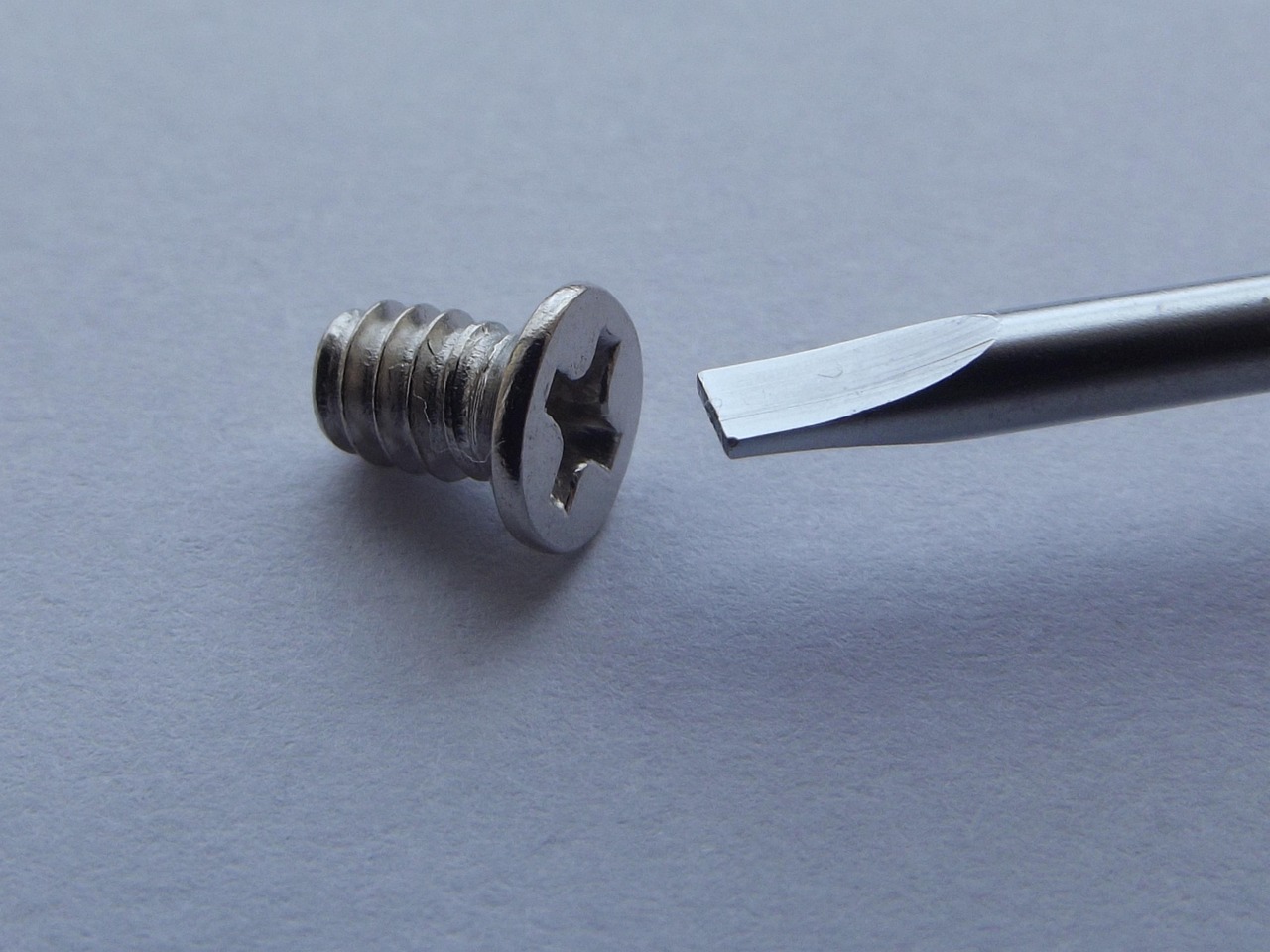- Ultimate Guide to Buying Your First Table Saw - June 4, 2025
- The Best Tool Brands – Are You Using the Right One? - May 30, 2025
- How to Build a Fire Pit in Just One Day - May 25, 2025
Have you ever found yourself staring helplessly at a broken chair, a clogged sink, or a car with a flat tire, wishing you could just fix it yourself? It’s a shocking reality: most people today feel less confident doing basic repairs than their parents did. But imagine the pride and freedom of solving everyday problems with your own hands! Learning hand tool skills before age 30 isn’t just about saving money—it’s about building independence, boosting self-esteem, and even impressing those around you. Let’s explore five essential hand tool skills that can transform you from a helpless bystander into a hands-on hero.
Basic Carpentry Skills
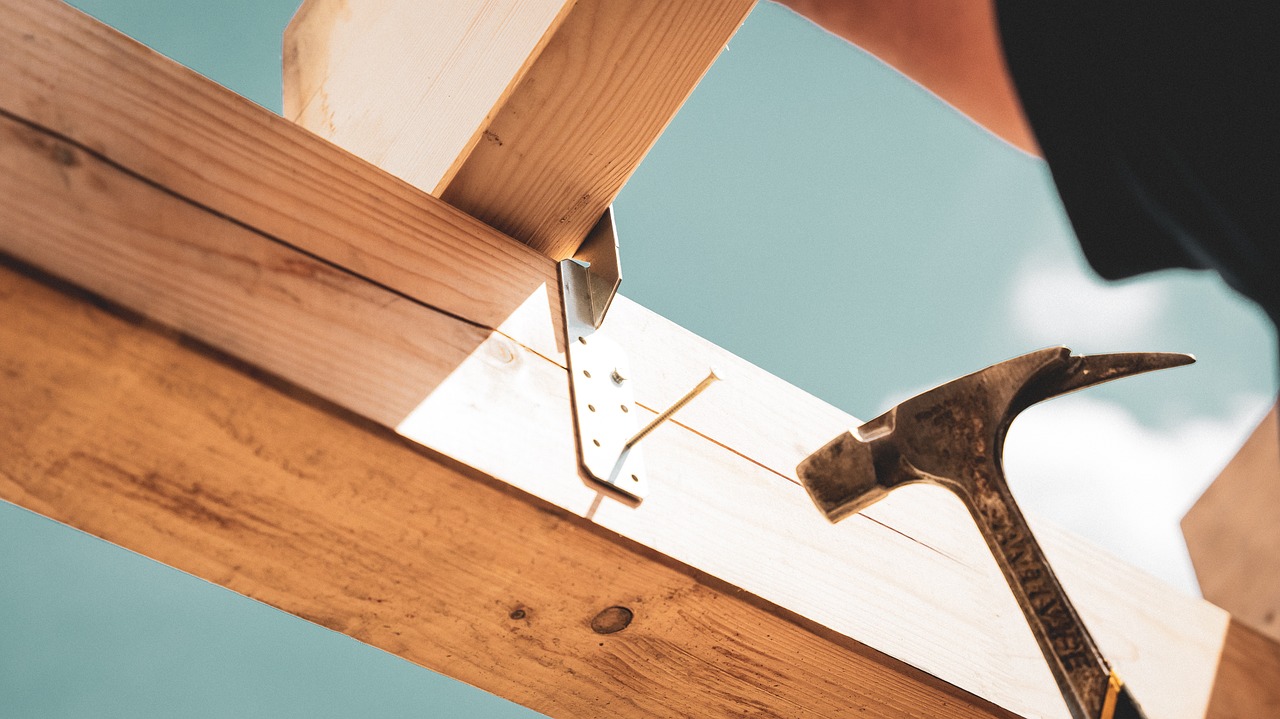
Carpentry is one of the oldest and most rewarding hand tool skills anyone can master. There’s something deeply satisfying about turning a pile of wood into a sturdy bookshelf or a simple birdhouse. According to a recent National Association of Home Builders survey, 80% of homeowners prefer DIY projects over hiring professionals, reflecting a powerful movement toward self-sufficiency. Learning to use saws, hammers, measuring tapes, and chisels is not just about building things—it’s about understanding how things fit together, both literally and metaphorically. For beginners, starting with small projects is key; building a shoe rack or repairing a wobbly chair gives you immediate, practical experience. The sense of accomplishment from even a small, finished project can be surprisingly uplifting. With countless YouTube channels and step-by-step guides available, anyone with determination can pick up these skills, often using recycled or inexpensive materials. Carpentry nurtures patience and attention to detail—qualities that spill over into other parts of life as well.
Plumbing Basics
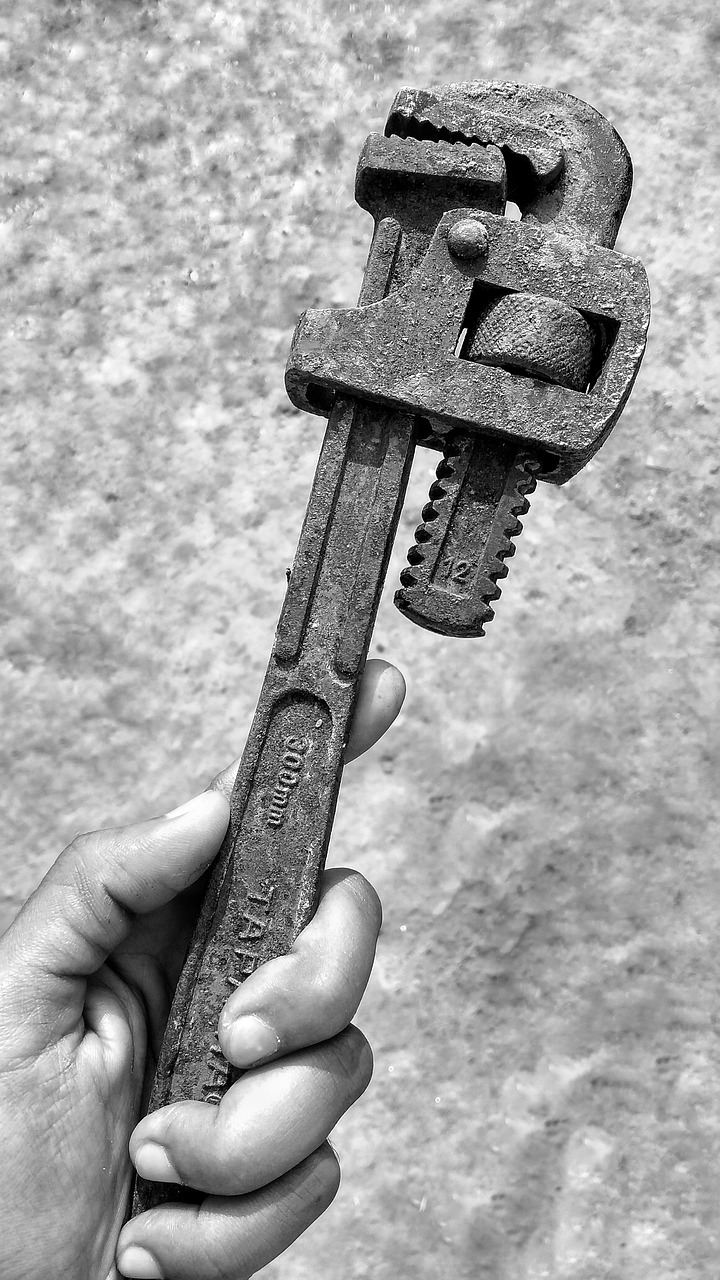
There’s nothing like the panic of water gushing from a broken pipe or an overflowing toilet to make you wish you knew basic plumbing. The truth is, many common plumbing issues are completely fixable with a handful of tools and a bit of know-how. According to HomeAdvisor, the average plumber charges about $200 per hour, which can turn a minor leak into a major expense if you have to call for help every time. Simple tools like adjustable wrenches, plungers, and pipe cutters can help you tackle leaky faucets, unclog drains, and replace old fixtures. Many community colleges now offer hands-on plumbing workshops, where you can practice these skills in a safe environment. Even learning how to shut off your home’s main water valve in an emergency can prevent thousands of dollars in damage. With a little curiosity and effort, the mysteries of pipes, washers, and water pressure become far less intimidating. Most importantly, every time you fix a plumbing issue yourself, your confidence grows, making you more capable in other areas as well.
Electrical Work Fundamentals

Electricity powers almost every part of our homes, but it can seem mysterious and even dangerous to the untrained. Yet, learning basic electrical skills is an investment in both safety and savings. The U.S. Consumer Product Safety Commission reports that electrical failures are one of the main causes of home fires, so knowing how to work safely is critical. Skills like replacing a light switch, installing a new fixture, or swapping out a faulty outlet are within reach for anyone willing to learn. Before starting, the most important tool is knowledge—always turn off the power at the breaker and double-check with a voltage tester. The National Electrical Code (NEC) provides guidelines that make DIY electrical work much safer. Online courses and tutorials often include real-life demonstrations, helping you understand how wires and circuits work together. Even something as simple as learning to reset a tripped breaker can save you a costly service call. Gaining these skills not only empowers you to keep your home running smoothly but also gives you peace of mind knowing you’re protecting your family from potential hazards.
Gardening and Landscaping Skills

Gardening may seem more like a peaceful pastime than a hand tool skill, but it’s a practical and surprisingly empowering ability. The National Gardening Association found that 35% of U.S. households gardened in 2020, showing a sharp increase in interest, especially among younger people. With simple tools like shovels, trowels, and pruners, you can transform a patch of dirt into a vibrant vegetable garden or a calming flower bed. Gardening teaches patience, observation, and responsibility as you care for living things. It also connects you to nature in a way that’s hard to describe until you’ve tasted a tomato you grew yourself. Local extension offices and botanical gardens frequently offer beginner workshops, where you can learn about soil types, plant care, and seasonal cycles. Even a few pots on a balcony can provide fresh herbs and a daily sense of achievement. Mastering these skills lets you create beauty and sustenance for yourself and others, often with tools you already have in your shed.
Automotive Maintenance Skills

A flat tire or a dead battery can leave you stranded, frustrated, and at the mercy of a tow truck. But with some basic automotive maintenance skills and a few simple tools, you can handle many common roadside problems yourself. AAA reports that nearly one in four drivers will experience a flat tire at some point, making tire-changing an essential skill. Learning to check your oil, replace air filters, or change windshield wipers are tasks that anyone can master with a little guidance. Start by reading your car’s manual—it’s packed with valuable information and diagrams. Many community centers and high schools offer basic car care classes, where you can practice on real vehicles. Online tutorials are also a treasure trove of step-by-step instructions for almost every make and model. Having these skills not only saves you money on mechanic bills, but it also gives you confidence and independence on the road. Even small victories, like fixing a squeaky belt or topping up fluids, add up to big peace of mind over time.
Measuring and Marking Accuracy
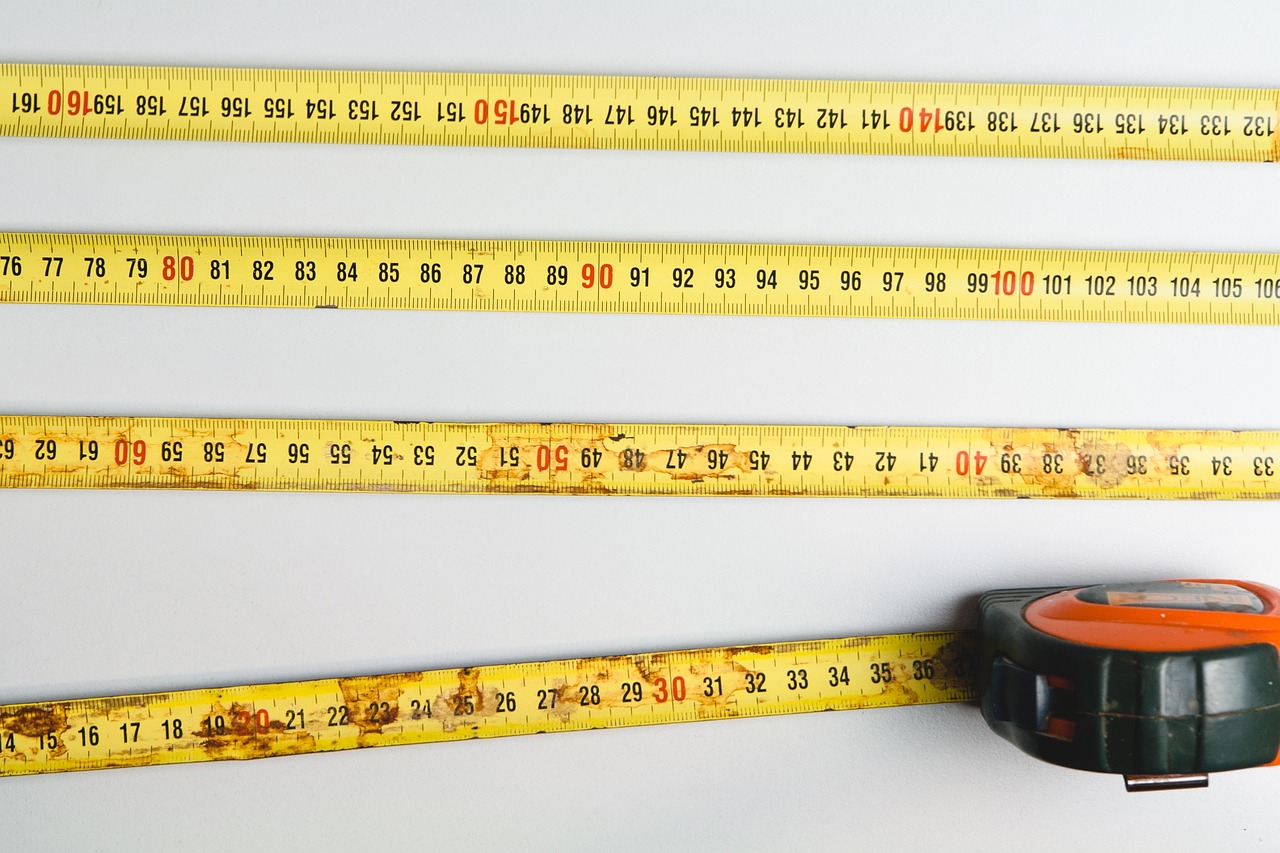
Before any successful project begins, accurate measuring and marking are essential. Whether you’re hanging a picture, building a table, or laying out a garden bed, mistakes in measurement can lead to wasted materials and frustration. Tools like tape measures, rulers, levels, and squares are the unsung heroes of almost every hand tool kit. According to a study by the National Institute of Standards and Technology, measurement errors are one of the top causes of construction defects and project delays. Practicing careful measuring teaches attention to detail and patience, both of which are valuable in all areas of life. Simple habits—like measuring twice before cutting once—can save time and prevent costly errors. Over time, you’ll develop a “feel” for distances and angles, making every project smoother. Mastering this foundational skill builds confidence and sets you up for success in more complex repairs and builds.
Screwdriver and Fastener Techniques
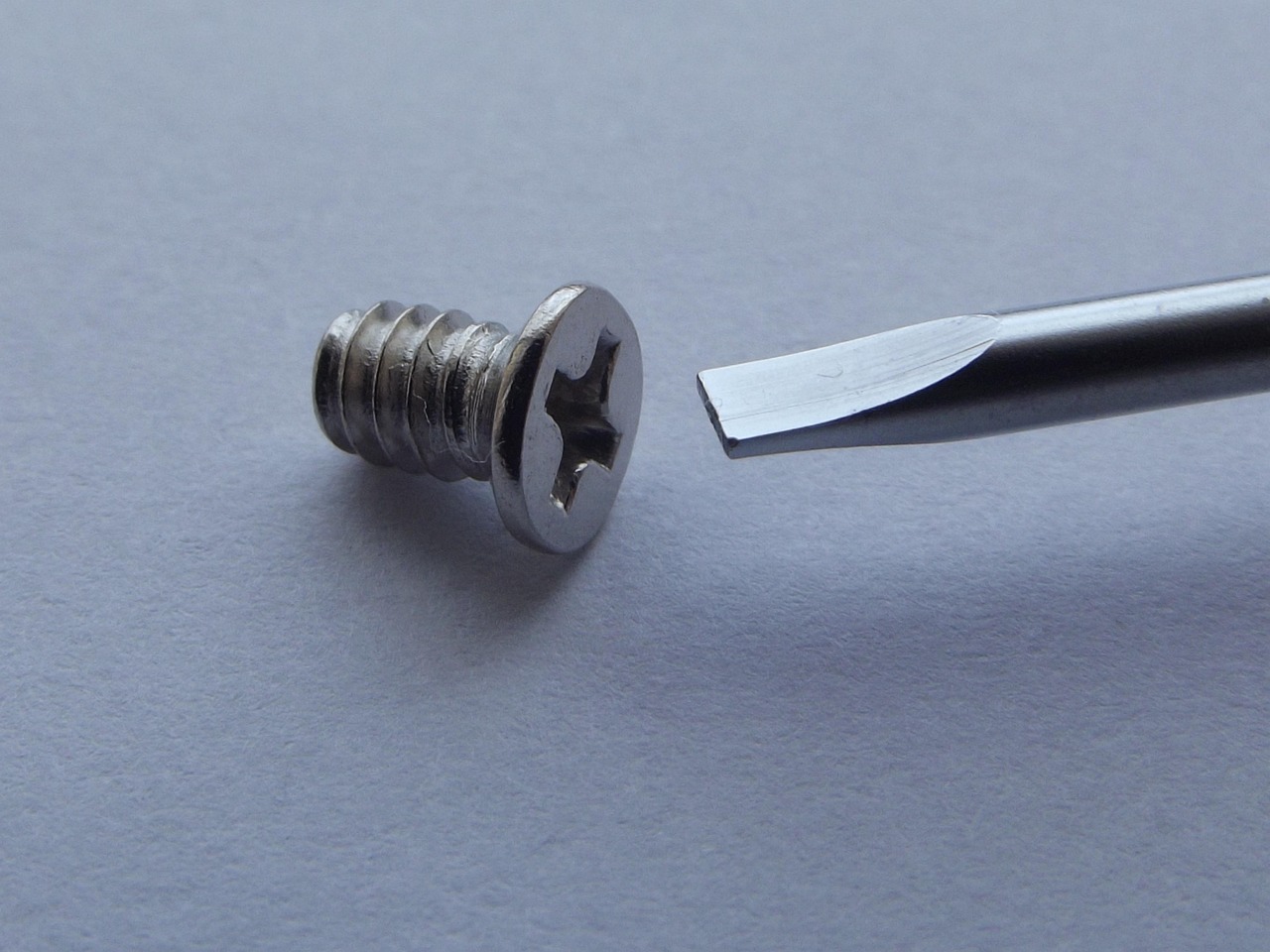
Screwdrivers may seem simple, but using them correctly is a foundational skill for any DIY enthusiast. From assembling furniture to tightening door hinges, mastering the right way to drive and remove screws makes a huge difference. There are many types of screwdrivers—flathead, Phillips, Torx—and each fits a specific fastener. Using the wrong one can strip screws, damage surfaces, or even cause injury. According to industry experts, knowing how to select the right size and type for the job can improve the lifespan of both your tools and the items you’re working on. Practice applying steady pressure and turning at the proper angle to prevent slipping. Power tools may speed things up, but hand screwdrivers offer more control, especially in tight spaces. With practice, you’ll learn tricks like “pre-drilling” holes to prevent wood from splitting, or how to loosen a stuck screw using household items like rubber bands. This skill is about finesse as much as force—mastering it will help you tackle countless projects with confidence.
Sharpening and Maintenance of Tools
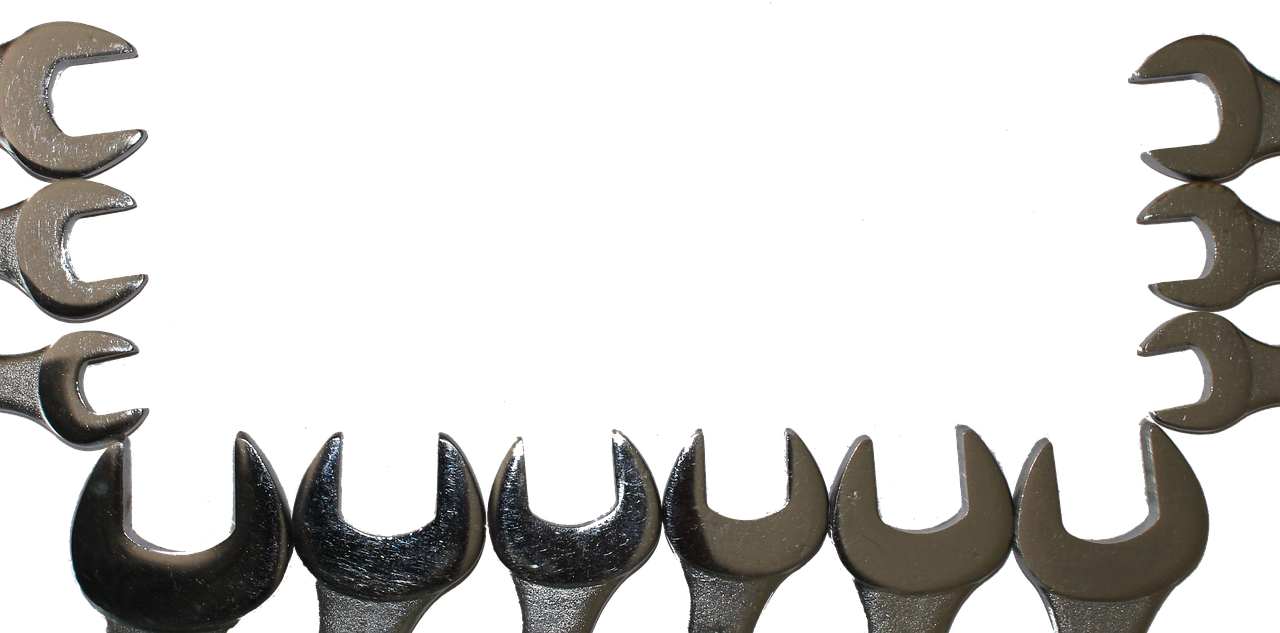
Keeping your tools sharp and in good condition is a skill that’s often overlooked, but it’s vital for safety and effectiveness. Dull blades and rusty surfaces make tasks harder and more dangerous. Studies from tool manufacturers show that accidents are far more likely with poorly maintained tools. Learning how to use a sharpening stone, oil, or file can extend the life of your knives, chisels, and pruners. Regular cleaning and storage prevent rust and buildup, ensuring your tools are always ready when you need them. Many hardware stores offer free workshops on tool care, or you can find helpful demonstrations online. Developing this habit saves money in the long run, as well-maintained tools last for decades. More importantly, there’s a special pride in caring for your own equipment—much like a chef sharpening their favorite knife before cooking a meal.
Safe Handling and Storage of Tools
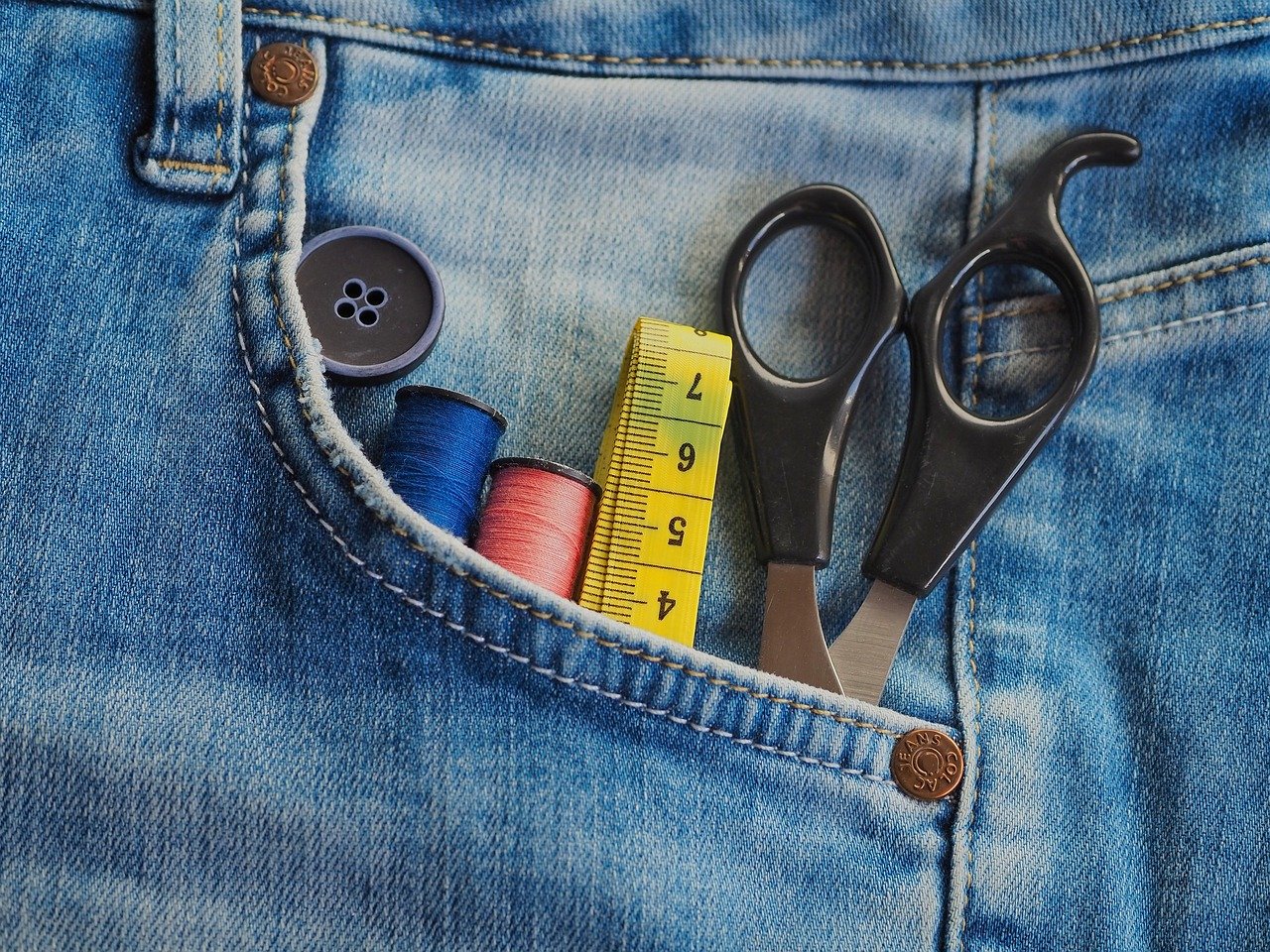
Knowing how to safely handle and store your tools isn’t just about being neat—it’s about preventing accidents and protecting your investment. According to the Consumer Product Safety Commission, thousands of injuries each year are caused by improperly stored or used hand tools. Always return tools to their proper place after use, and keep sharp or heavy items out of reach of children. Invest in a sturdy toolbox or wall rack to organize your collection. Wearing safety equipment, like gloves and goggles, should become second nature whenever you pick up a tool. Learning to inspect your tools before each use helps catch problems early, like cracks in handles or loose parts. These habits create a safer workspace and a more efficient workflow, allowing you to focus on the task at hand. Over time, you’ll develop a respect for your tools that makes every project more enjoyable and successful.
Problem-Solving and Resourcefulness
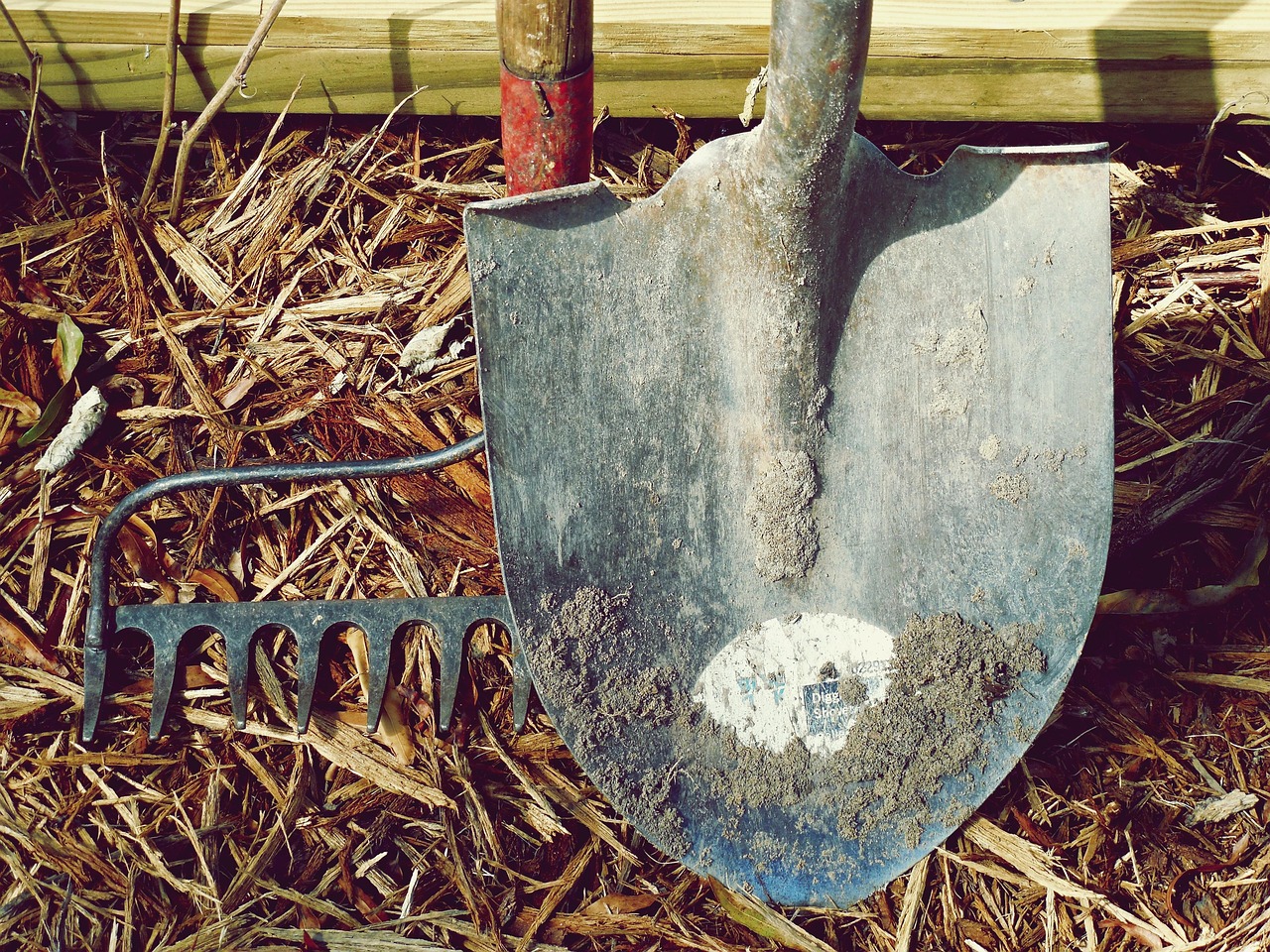
Perhaps the most surprising benefit of learning hand tool skills is the boost it gives to your problem-solving abilities. Every project, big or small, presents unique challenges—crooked walls, stripped screws, missing parts—and it’s up to you to find creative solutions. Studies in psychology have shown that hands-on work improves critical thinking and decision-making skills. Sometimes, you have to improvise with whatever tools and materials are on hand, like using a butter knife as a makeshift screwdriver or repurposing old wood for a new project. This resourcefulness builds confidence and resilience, traits that are valuable in every area of life. The satisfaction of overcoming obstacles with your own two hands can’t be overstated. As you gain experience, you’ll find yourself approaching new challenges with a “can-do” attitude, ready to tackle anything life throws your way.

